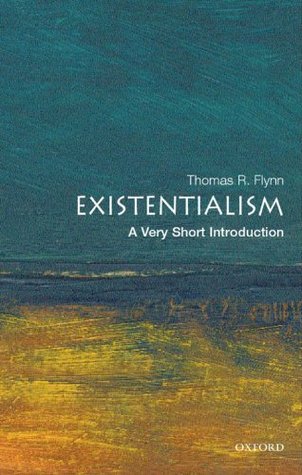More on this book
Community
Kindle Notes & Highlights
Read between
September 21 - October 10, 2023
Existence precedes essence. What you are (your essence) is the result of your choices (your existence) rather than the reverse. Essence is not destiny. You are what you make yourself to be.
The ‘error’ of free will, Nietzsche insists, is the belief that choice rather than physiological and cultural forces is the basis of our judgements of moral approval and disapproval.
Faced with this parable of the ultimate futility of life, Camus counsels that our only hope is to acknowledge that there is no ultimate hope. Like the Ancient Stoics, we must limit our expectations in view of our mortality.
This is a form of Nietzsche’s prescription to ‘become what you are’. It’s a matter of living the truth about ourselves, about our condition as human beings. The inauthentic person, in Sartre’s view, is living a lie.
In this regard, it resembles Kierkegaard’s subjective truth, truth as appropriation, as ‘making one’s own’, where the emphasis is on the how rather than on the what.
The existentialist applies this to life itself. To examine it in order to remove all ambiguity would resemble a silhouette-maker’s approach to an impressionist painting.
Because we are fundamentally in-situation, and because this situation is as flowing and ambiguous as are time and consciousness themselves, humans are not stable, timeless identities. Whatever identity we have is either imposed from outside (which makes possible one form of bad faith, as we are about to see) or is sustained by our ongoing, self-defining existential project, our fundamental ‘Choice’. It is this failure to coincide with ourselves that is the basis both of our freedom and of our capacity for self-deception. We are fundamentally a work in progress, a story in the process of being
...more
Inspired by Kierkegaard, the existentialist distinguishes anguish from fear. Whereas fear has a definite object, for example one is afraid of falling off a narrow precipice, anguish is the awareness that one could throw oneself off the ledge.
One is no more born an individual (in the existentialist sense) than is one born authentic. To be truly authentic is to have realized one’s individuality and vice versa. Both existential ‘individuality’ and ‘authenticity’ are achievement words. The person who avoids choice, who becomes a mere face in the crowd or cog in the bureaucratic machine, has failed to become authentic. So we can now describe the person who lives his or her life as ‘they’ command or expect as being inauthentic.
Once we realize that at some point in time we will no longer be, we gain some insight into what it means to exist.


